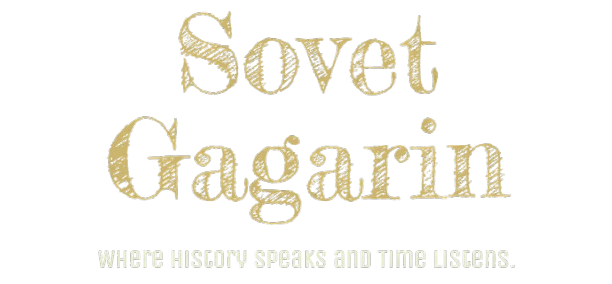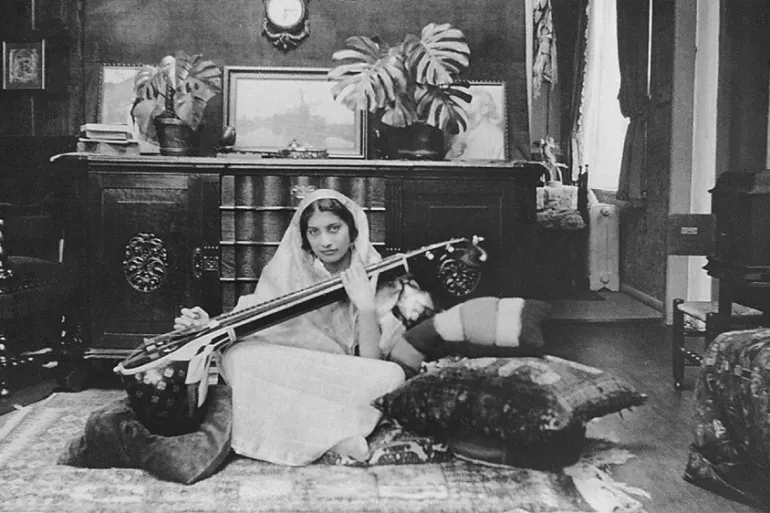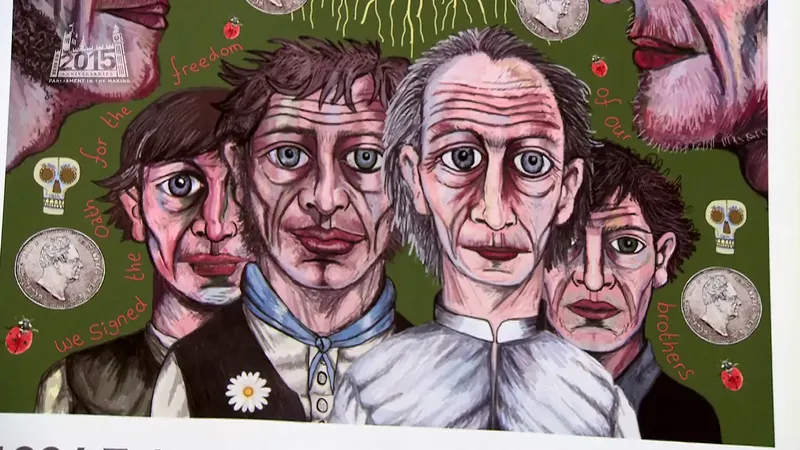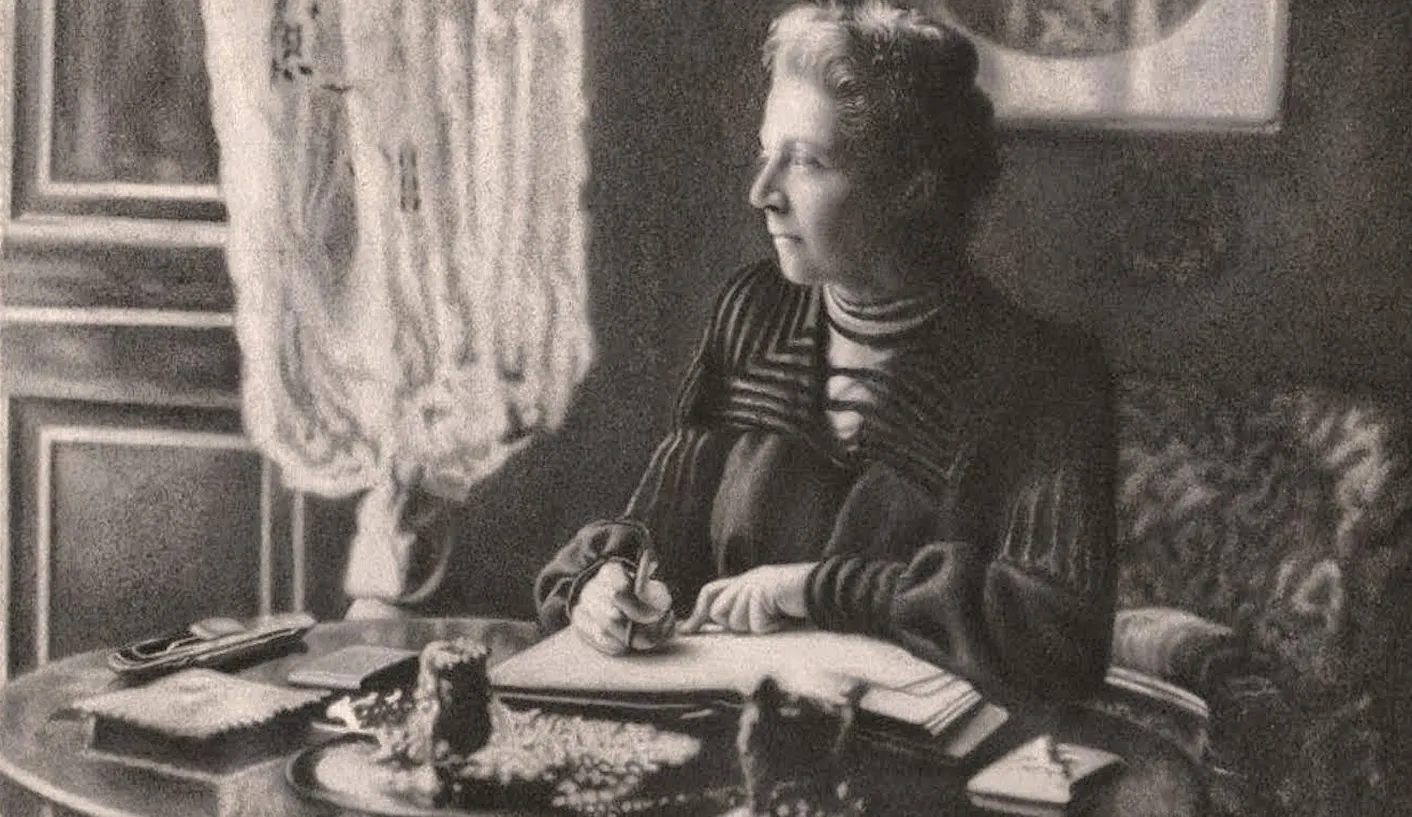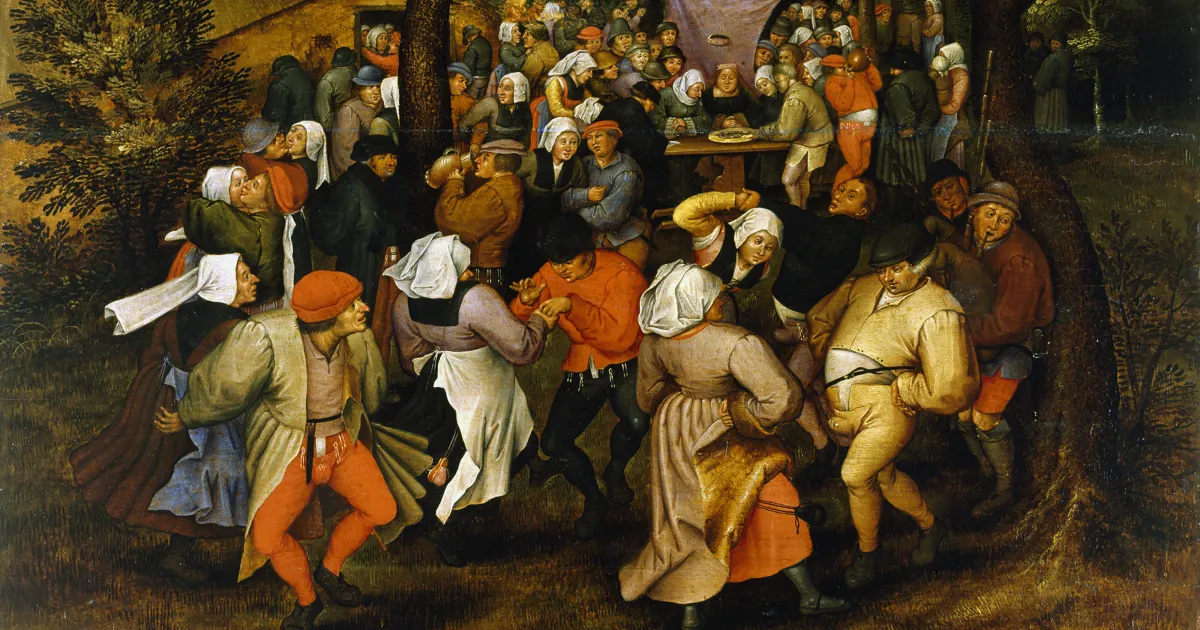While many World War II heroes are widely remembered, few know the story of Noor Inayat Khan, a descendant of Indian royalty who became one of Britain’s most courageous spies. Born to a Sufi musician father and American mother, Noor joined the British Special Operations Executive (SOE) and was deployed to Nazi-occupied France as a wireless operator — the most dangerous role in the resistance.
Drawing from my research into declassified SOE files and biographical accounts, Noor stood out not just for her bravery but her unwavering silence under Gestapo torture. Despite multiple chances to betray her mission, she never revealed a single name. Captured in 1943, she was executed at Dachau concentration camp a year later at just 30 years old — her final word reportedly being “Liberté.”
In 2012, Britain posthumously awarded her the George Cross, yet she remains underrepresented in mainstream history. Noor’s story bridges East and West, showing that resistance against oppression transcends nationality or background. As global interest in diverse war narratives grows, Noor Inayat Khan’s legacy deserves far more recognition than it has ever received.
